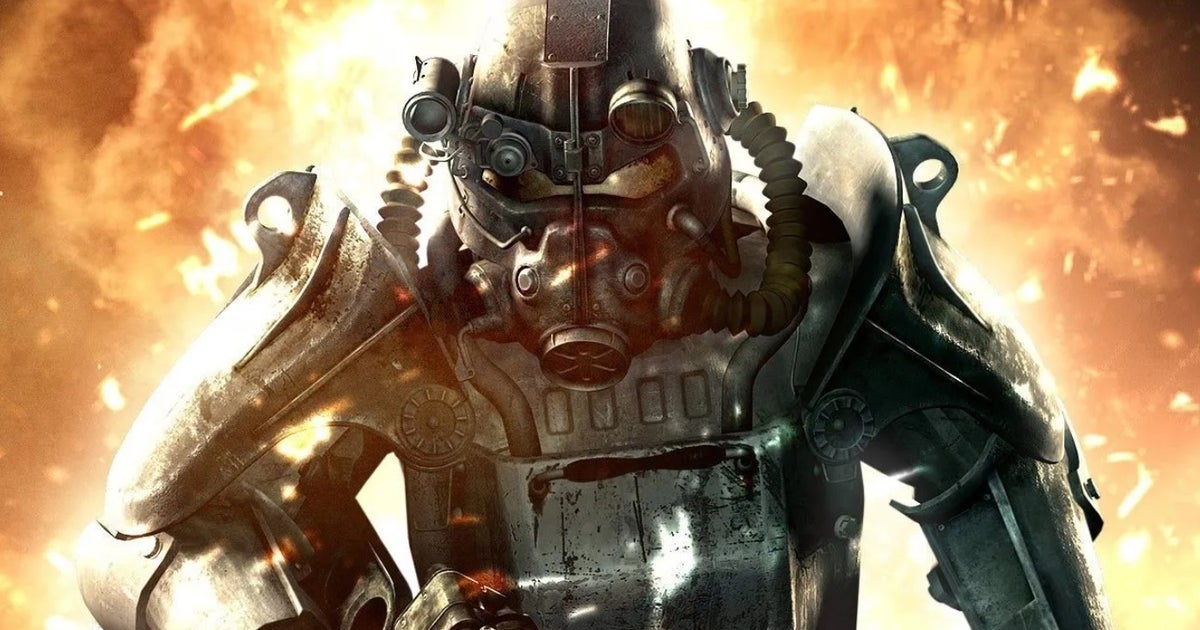
Glenn Howerton Pinpoints It’s Always Sunny In Philadelphia’s Turning Point – /Film
The gang from “It’s Always Sunny in Philadelphia” hasn’t changed a whole lot over the years. Eternally stunted and stuck behind their bar, the main characters have evolved very little over their 16 seasons and counting on air. If anything they have become even more despicable, rooting themselves further and further in their almost subhuman behaviors. One character, in particular, started the series as a fairly decent human being but quickly devolved to the level of the rest of the group. Still, it’s hard to trace exactly when this change started to take shape. Luckily for us, series co-creator and star Glenn Howerton, who plays Dennis on the show, has identified the turning point for the gang’s only female member — Sweet Dee — and how it changed the group dynamic.
As avid fans might already know, the show almost had an entirely different Dee. In the series pilot, the character was portrayed by Jordan Reid, who was dating the series co-creator, star, and showrunner, Rob McElhenney, at the time. This iteration of Dee, which also found its way into the writing of the early episodes of the show, was a lot less similar to the rest of the characters than the Dee we have all come to know and love. In fact, Sweet Dee was actually an unironic nickname at first.
“Rob [McElhenney] named my character ‘Sweet Dee’ as a nod to her optimistic personality, which was originally intended to contrast sharply with the guys’ misanthropy,” Reid wrote in a 2016 blog post.
But once Kaitlin Olson was cast in the series, she encouraged her co-stars to re-think her character. Olson didn’t want to play the straight woman alongside three comedians: She wanted Dee to be just as despicable as the guys.
Dee had to devolve for the series to grow
 FX
FX
Kaitlin Olson was so opposed to Dee’s contrasting sensibility, she almost turned down the job at first. “In the beginning, before season 1, I almost didn’t take [the role], because I was reading the scripts, and Dee was the voice of reason, and they all were really funny,” she explained to Yahoo News in 2013. “I said, ‘With all due respect, I just don’t want to play that character. I don’t want to be the voice of reason.’ It just wasn’t what I was interested in doing.”
The series creators wanted to honor Olson’s one request for her role, but they didn’t know how to at first. “They said to me, ‘Look, we just haven’t really written for women that much, but we’ll figure it out,'” the actor continued. “My first thought was, ‘Well, don’t write for a woman. Just write another funny character.’ I’ll make it female just by not doing anything.”
The sensible woman contrasting the ridiculous man is a common trope in comedy, from network sitcoms like “King of the Hill” to beloved films like “Knocked Up.” Women in comedies like these are occasionally given funny lines with biting wit, clever insight, or plain old exhaustion with their male counterparts, but Olson wanted Dee to be just as outrageous as everyone else.
“I’m thrilled that I get to play a woman that isn’t just, ‘I’m a girl. I’m going to tell you guys when I think you’re doing something bad,'” she told Entertainment Weekly in 2009. “Let the world be the voice of reason, and let us be ridiculous.”
But when exactly did Dee go from the voice of reason to one of the gang? Howerton pin-pointed the change early on in season 2, in an episode titled “Mac Bangs Dennis’ Mom.”
Everything changed in season 2
 FX
FX
After Kaitlin Olson’s candid conversation with Rob McElhenney, he and his co-creators had to change her character to keep her on the show. Olson’s suggestion didn’t just improve her character, though — it helped the co-creators realize who all their characters were and what their show would be about. This process began in season 1 but didn’t take shape until season 2, Howerton told Vice in 2015:
“You can see the evolution in the first series; mine and Rob’s characters didn’t change all that much, but we wanted the character of Sweet Dee to [change]. We didn’t want a typical ‘the girl is the straight guy and the guys are the crazy ones who the girl doesn’t get to be as funny as’ show. We knew we didn’t want to do that, but we didn’t know how. When we cast Kaitlin she brought so much to it in the first season that we were able to figure it out, and figure out what was funny about her. I have to give her a tremendous amount of credit because she really pushed us. I think in season 2 we started to bring the social commentary into the comedy. I’m particularly fond of the episode ‘Mac Bangs Dennis’ Mom’ because that’s the first time we really figured out the internal dynamics between the characters; it was this web of deceit and f***ing each other over that became a turning point for the show.”
Since this initial change, Dee has become just as entrenched in her ways as the rest of the gang.
“We really strive to make sure the characters don’t change very much,” added Charlie Day, a “Sunny” co-creator and star. “Sort of the heart of the show is their unflappable ignorance and lack of self-awareness that allows us to laugh at some of the despicable things they do.”
Olson brought unexpected elements to the role
 FX
FX
Sweet Dee’s nickname has since become an ironic moniker for her thoroughly detestable character. Her abhorrent behavior and hilarious dialogue come from a similar place of deep-seated insecurity as the men that surround her. Certain elements of Dee set her apart from her male counterparts, however, many of which are drawn from Kaitlin Olson herself.
“There’s a certain element of desperation and wanting people to like you,” Olson said of her character in a 2015 Buzzfeed News article. “I was really shy. But I think because that was so sad for me when I was little, that it’s so hilarious and sad now, that I relate to that. I like this character’s way of handling it, way more than how I handled it. Which is, like, aggressively and angrily. Maybe it’s cathartic. I don’t know.”
Another unique element that Olson brought to the role was her knack for slapstick. “Our idea of Dee was not as physical as Kaitlin is,” Rob McElhenney told Buzzfeed News. “It’s something we sort of found with the way she carries herself.”
The actor even has a signature move — pretending to throw up in her mouth. “I’ve never heard somebody do a gag so funny,” said Glenn Howerton. “You know, suppressing puke, it’s just a weird gift she has.”
Physical comedy has become such a big part of Dee that Olson often does her own stunts, and she doesn’t hold back — a major tumble in season 4’s “Who Pooped the Bed” comes to mind. “We had a stuntwoman do it, and it didn’t look very real, and then Kaitlin did it, and actually ran into the car, probably almost breaking her neck,” Day chimed in. “It’s just one of the funniest moments of physical comedy I think in the history of the show.”
Dee became a piece of the puzzle
 FX
FX
There are some parts of Dee that are distinctly feminine — womanhood has a wealth of comedy to draw from, of course — but Kaitlin Olson prefers the more universal or even slightly masculine parts of her “Sunny” character.
“Of course, you have to have some female touches, and they’ve written in some hurt-feelings stuff that’s more feminine, I guess,” the comedian conceded to Yahoo News in 2013. “Some of my favorite Dee moments are very ‘masculine’ things, though. They’re very traditionally masculine things. I don’t know. I find that funny.”
In recent years, the show has incorporated more of its fringe female characters into episodes like “The Gang Beats Boggs: Ladies Reboot.” But even after all this time, Olson remains the only woman in the main cast. The actor doesn’t mind representing her gender all by herself because she is confident in Dee’s comedic depth. She might be the only girl, but she doesn’t contrast the other characters — she is “a piece of the puzzle” in their dynamic, as Olson put it.
“I’m definitely proud of the female character that we’ve created together,” the “Sunny” star continued. “I think it’s a really strong one. But I would say that I love being part of this team. I don’t really think about it in terms of being the only woman that much.”
As for how the rest of the cast feels about Dee’s evolution, they know that the series is stronger for it, and they wouldn’t change her for the world.
“I was listening to an interview with a director who was talking about how people want to see men be funny and act childish, and they don’t want to see women do that,” Day recalled in 2009, per Entertainment Weekly. “But Sweet Dee is as selfish and childish as any other character on the show, and the audience loves her for it.”
































































